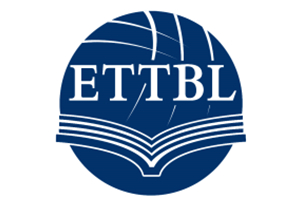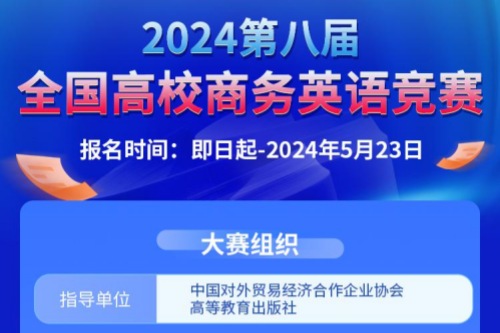Bosses have a shelf life and plenty of incentives to misjudge what it is
Deciding to call it quits is a relatively simple judgment early on in a career. If you find the prospect of going to work on Monday morning more depressing than a Lars von Trier film, it is time to leave. If you have nothing left to learn in your current organisation, you should probably grab more stimulating opportunities elsewhere. But knowing when to quit is less easy when you are in a role that already confers lots of status, novelty and purpose. And moving on is particularly difficult when it might be the last big job you have.
What is true of American presidents is also true of chief executives. Bob Iger has made not leaving Disney into an art form. The surest way to know you will not succeed Jamie Dimon at JPMorgan Chase is to be anointed his successor. Both bosses are stars, and their firms have reasons to hang on to them. The same cannot be said of Dave Calhoun, Boeing’s CEO, who will lead the company until the end of the year despite the enormous reputational damage it has sustained on his watch. (Mr. Calhoun was supposed to have departed years ago; instead, the firm raised the mandatory retirement age to allow him to stay.)
The incentives for CEOs and other leaders to stick around are material: assistants, chauffeurs, private jets and all. They are also psychological. People who reach the top of organisations do not often lack ego; the idea that someone else can do the job well may be hard to stomach. Michael Watkins, a professor at IMD Business School in Switzerland, calls this “the aura of indispensability”. The prospect of retirement can be particularly gruesome – this week, a farewell trip to Davos; next week, a strategic review of the spice rack.
There is some research that can help bosses think about how long to stay in a role. A study by Francois Brochet of Boston University and his co-authors looked at the relationship between CEO tenure and firm value to see if they could identify an optimal period in charge. They found that firm value started to decline, on average, after a CEO had been in the job for 14 years. That is not particularly helpful. There are too many differences between executives, firms and industries for one number to be a useful guide. Many chief executives get booted out an awful lot quicker than that; some bosses will warrant more time in the job, not less.

More usefully, however, the researchers did confirm a hump shape in firm performance. Things improve over time as CEOs master the complexities of their role but fall away later as they become more fixed in their ways and accrue more power. Similar humps have been observed from college basketball to Hollywood.
Changes in circumstances can shorten the duration of the hump. Separate research, by Bradley Hendricks of the University of North Carolina at Chapel Hill and Travis Howell, then at the University of California, Irvine, suggests that firms led by founder-CEOs are associated with a valuation premium when they first list on public markets but that this premium disappears within three years as the demands of the top job evolve.
If bosses are prone to misjudge when to quit, what can be done? Blunt instruments do exist, from mandatory retirement ages to explicit term limits. But strict rules have drawbacks, too. CEOs may be approaching their peak, not past it, at the time they are required to throw in the towel. Bosses approaching the end of their terms risk being seen as lame ducks, says Mr. Watkins. And the knowledge that the end is nigh can change a CEO’s own behaviour in potentially unhelpful ways.
Research by Sam Yul Cho of Oregon State University and Kim Sang Kyun of Sungkyunkwan University in South Korea suggests that firms run by bosses with short “career horizons” (ie, less time to go until they retire) generate fewer big innovations. Another paper, by Dirk Jenter of the London School of Economics and Katharina Lewellen of the Tuck School at Dartmouth, found that the likelihood a firm would be taken over jumped when a CEO was at retirement age. The bosses of target firms often lose their jobs; that is less of a concern when a career is winding down.
Rigid rules are not the best defence against people overstaying their welcome. More important are institutional constraints on CEO power – most obviously, a board that has a mind of its own –and bosses with the self-awareness to recognise that everyone has a natural shelf life. One of the first questions to ask a would-be senior hire is how long they think they should last.















